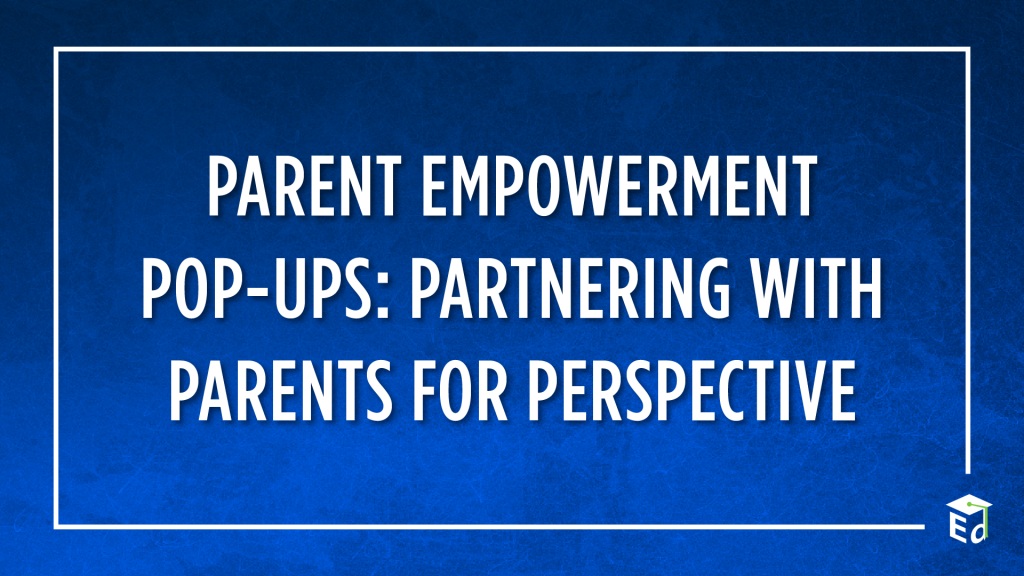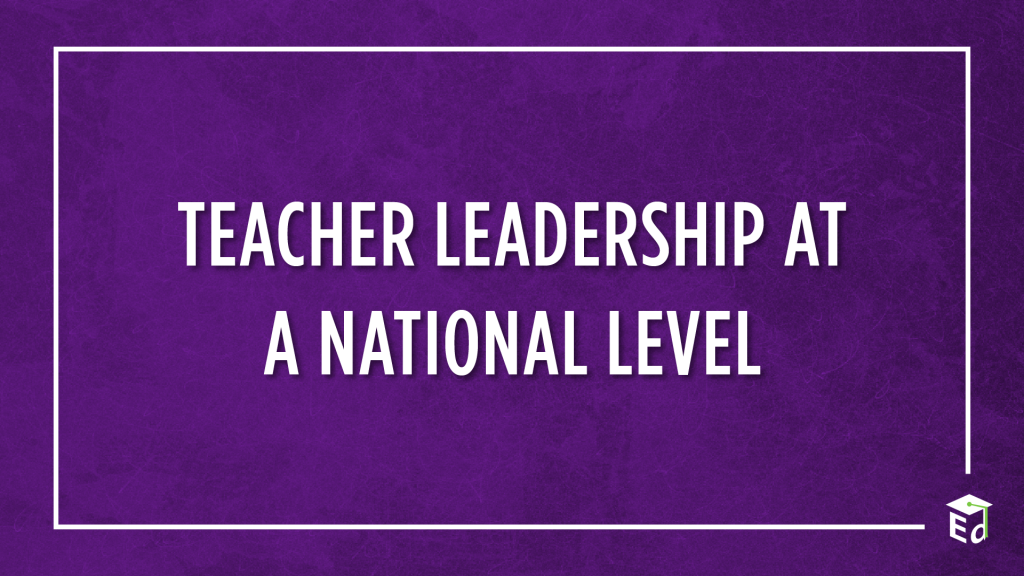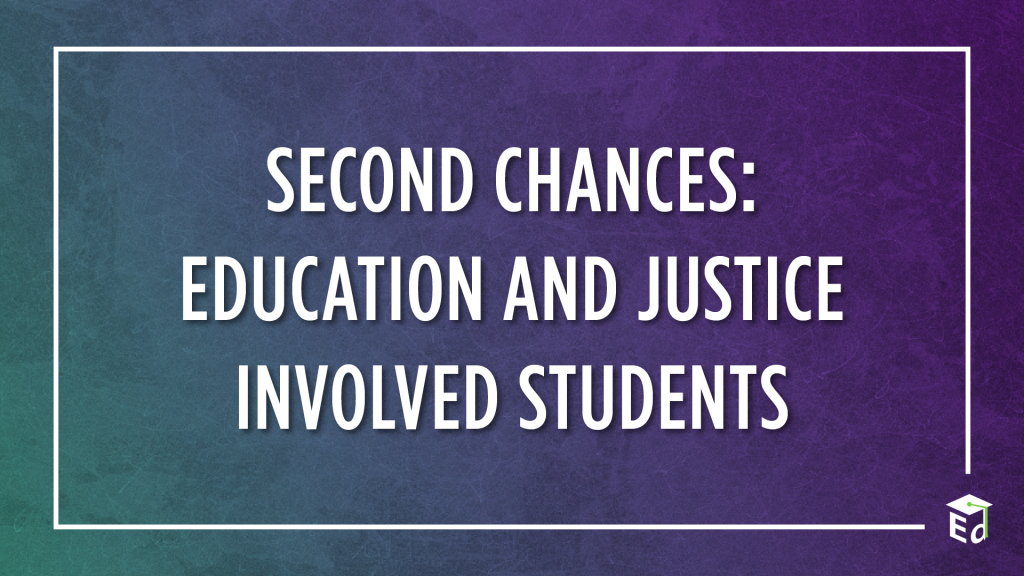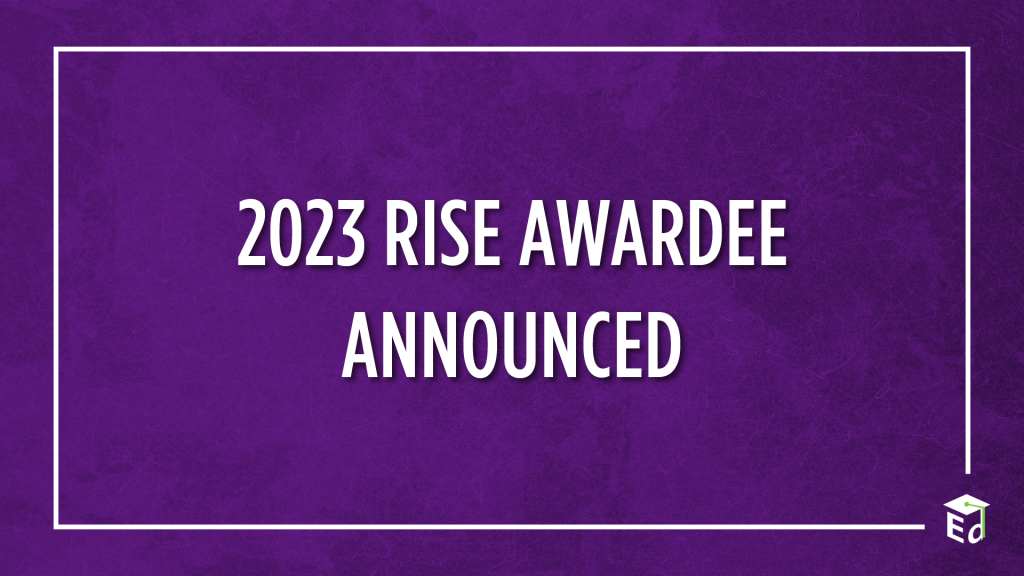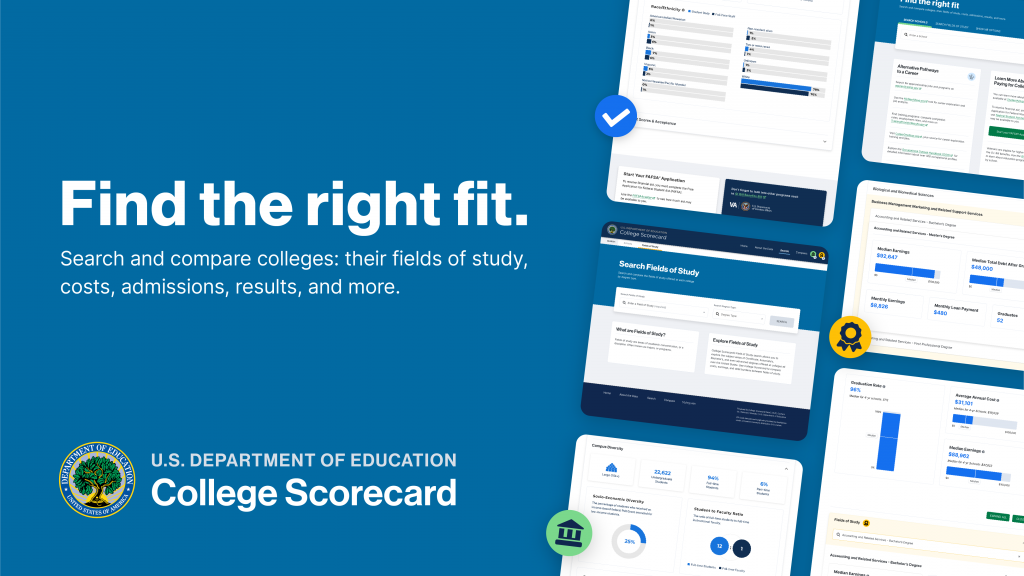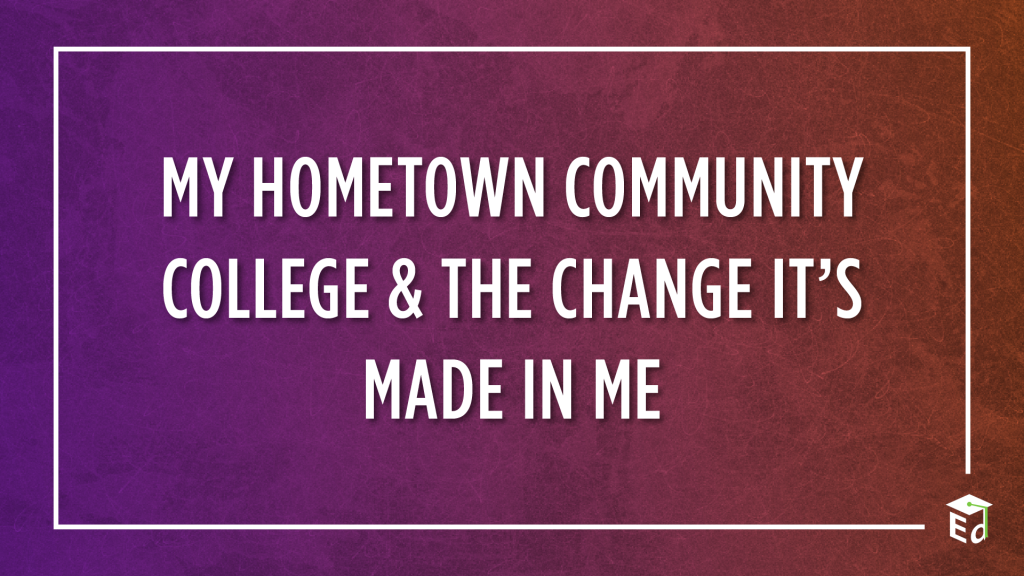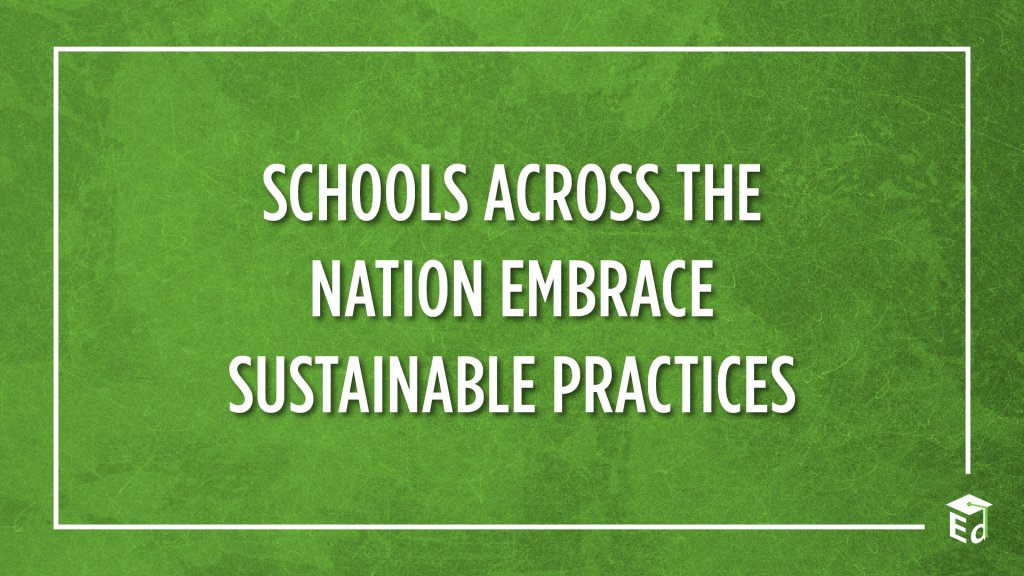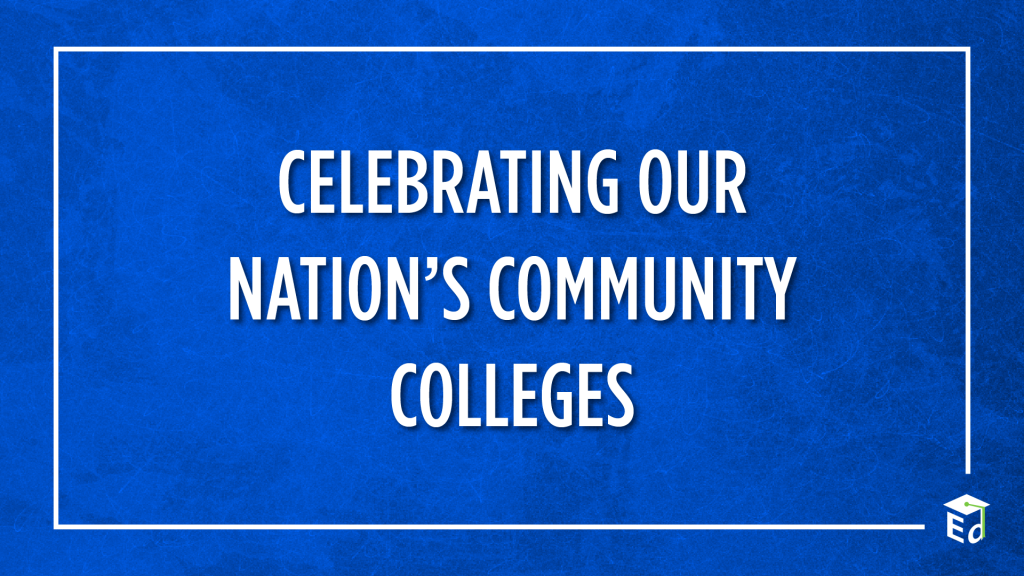By Dr. Mary S. Graham, Mississippi Gulf Coast Community College president
As president of a large community college in South Mississippi, I have the privilege of investing in our community and local economy and the responsibility to ensure the training we provide to our students is innovative, relevant, and career-advancing. We partner with local businesses to train quality employees they need while strengthening student employment opportunities here in our region in the information sciences, health care, and maritime.
Our students are trailblazers. We have advanced cybersecurity training so our students find employment protecting the government, business, industry, education, and the military from fraud at the state and national levels. To deliver the highest-quality cyber skills training to our students, we are partnering with Microsoft and the American Association of Community Colleges for the Cyberskills for All initiative, including grant money to further expand this program. The college values our role in community economic development and works hard to foster industry partnerships to play an integral role in student success. We have the distinction of being a Center for Academic Excellence in Cybersecurity—a point of pride for both our college and students who hold our credentials.
Beyond Cybersecurity, every year we engage nearly 200 students in Coding, Computer Networking, Computer Programming, Data Analytics, IT Specialist, and Simulation and Game Design training. These programs are CompTIA, CIW, and Cisco certified, so students have documentation demonstrating they meet or exceed industry standards to work in these high-demand fields—and they do! This year, Cisco chose two students in information technology programs to serve on teams to provide network security and technology troubleshooting at large, national events.
Health care is another high-demand field, and we offer eighteen credit and nine non-credit health care programs. The more than 500 students we train annually through MGCCC’s nursing programs are leading the state and nation in health care training. The Bryant Center at Tradition, home to all our nursing programs, has a state-of-the-art health care simulation center accredited by the Society for Simulation in Healthcare. The Associate Degree Nursing program ranks sixth in the nation and first in the state. The Practical Nursing program ranked as the number one online program in the nation last year. In our health care programs, students have a ninety percent pass rate or better on national exams, demonstrating their hard work in applying their outstanding training.
Additional programs significant to our region include our Kubota Tech and National Coalition of Certification Centers (NC3) training in Maritime Multi-Craft and Maritime Technology programs, training in underwater drone construction, and maintenance in the Unmanned Maritime Systems program. MGCCC also is an official training provider for Commercial Truck Driving through the U.S. Department of Transportation.
At MGCCC we want our students to thrive, and we empower them to do so through high-quality, industry-specific, and certified training, opening matchless opportunities for advancement in their careers. We are proud to vitalize our community through preparing students for success and providing local businesses with highly qualified employees: we build legacies—one career and one generation at a time.
Dr. Mary S. Graham has served as president of Mississippi Gulf Coast Community College since 2011. A native of Mississippi, and a proud graduate of MGCCC alumna, she embraces the philosophy of the community college and the rich tradition of excellence in education. Dr. Graham is the recipient of numerous awards and honors and has led at the local, state, and national levels, including as Chair of the American Association of Community Colleges.
